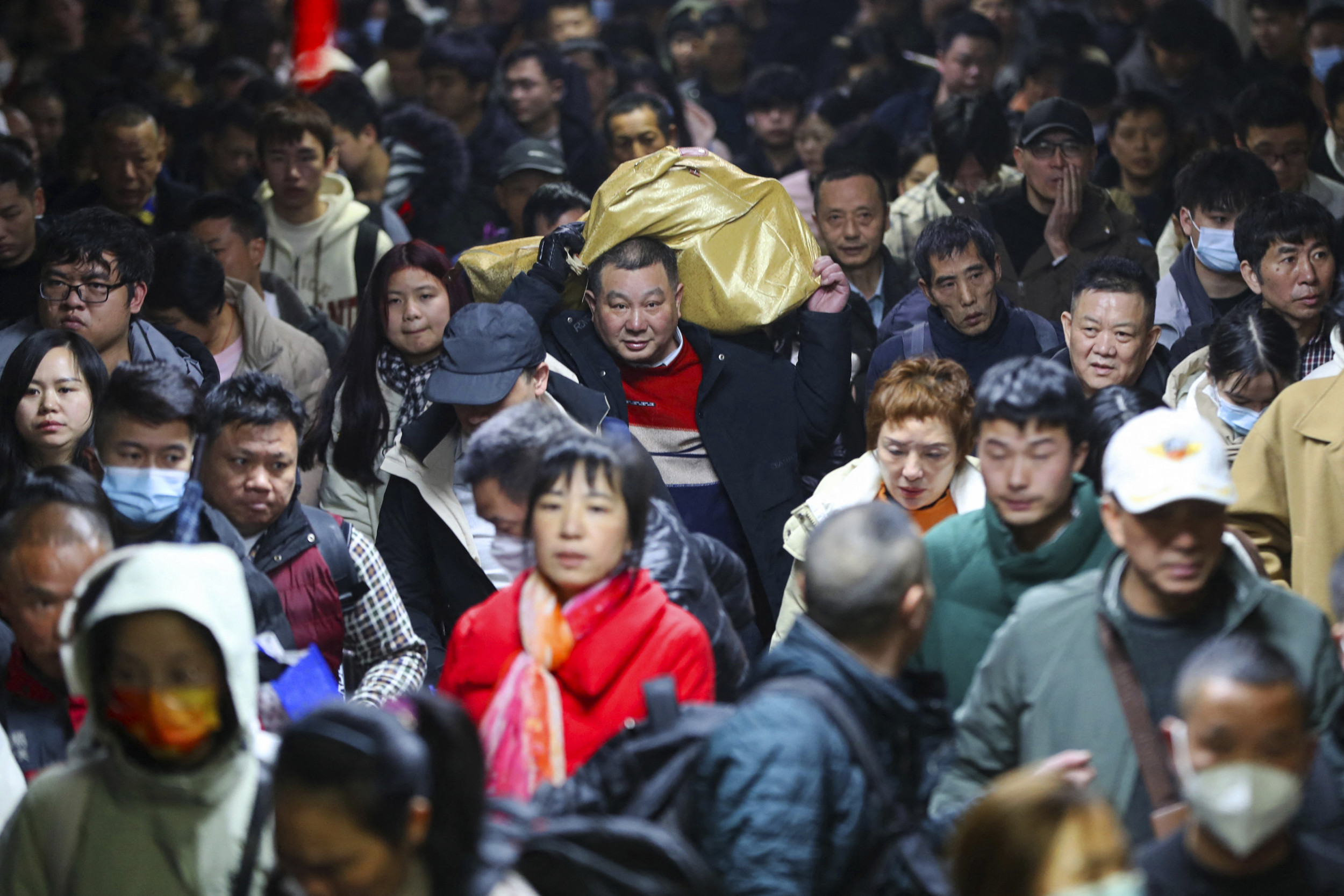The possibility that China will overtake the United States as the world’s biggest economy is declining as the country faces an obvious slowdown, according to Cornell professor and former International Monetary Fund (IMF) official Eswar Prasad.
In a recent interview with Nikkei, Prasad said that the economies of the two countries—currently the first and second biggest economies in the world—have taken opposite trajectories, with the U.S. likely to maintain its growth while China continues to face structural problems like high public debt and a low birth rate.
“China faces a variety of fragilities, including undesirable demographics, a collapsing real estate market, deteriorating investor sentiment at home and abroad, and the lack of clarity over a new growth model,” Prasad said.
“Even a 4 to 5 percent growth rate will be difficult to sustain over the next few years. The likelihood of the prediction that China’s GDP will one day overtake that of the U.S. is declining.” Newsweek contacted Prasad for comment by email on Monday.



A report by a former IMF official that completely ignores the indisputable fact that China is the only manufacturing and producer superpower in the world (not counting military production, where the USA is the undisputed leader), and instead compares the two economies on a financial services standard which favors the USA to begin with bc they’re solely a financial/services driven economy at this point.
Look, I’m not a fan of a lot of what happens in China, but this is a shit comparison and projection.
I think that’s a byproduct of trying to compare China to western style economies. China is pretty much the only modernized economy that didn’t transition from industrialization to a services economy.
Having a trade surplus is usually fine, but if the capital from the surplus isn’t invested in creating a healthier domestic market… Things can stagnate pretty easily when something eventually disrupts labour demands.
China has spent the last 10 years attempting to kickstart their domestic market by heavily investing in their real estate market. I’m afraid they may have thrown a little too much gas on that fire, supplying more homes than demand.